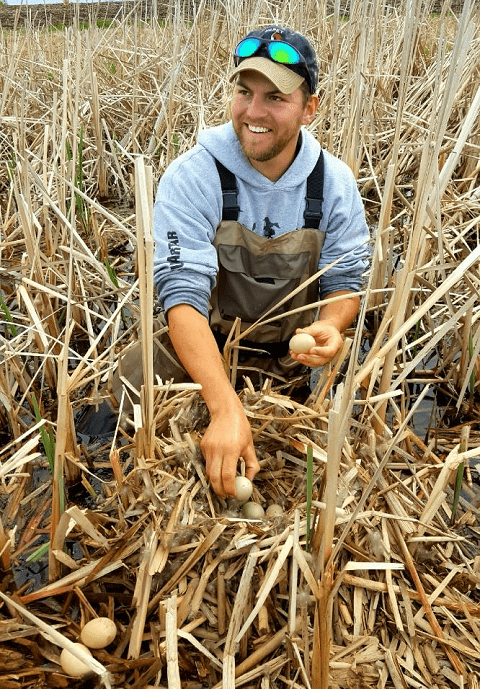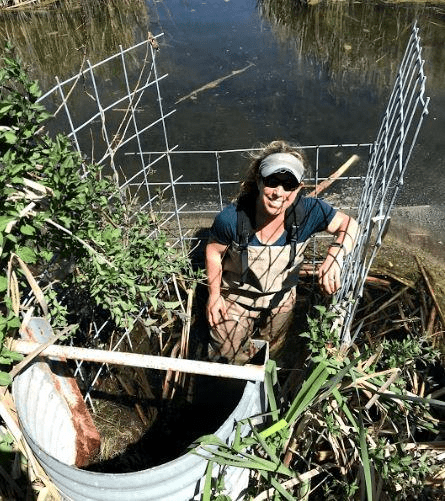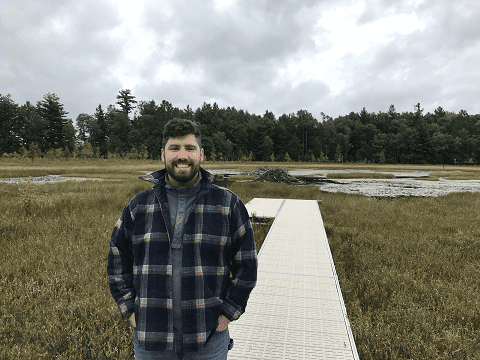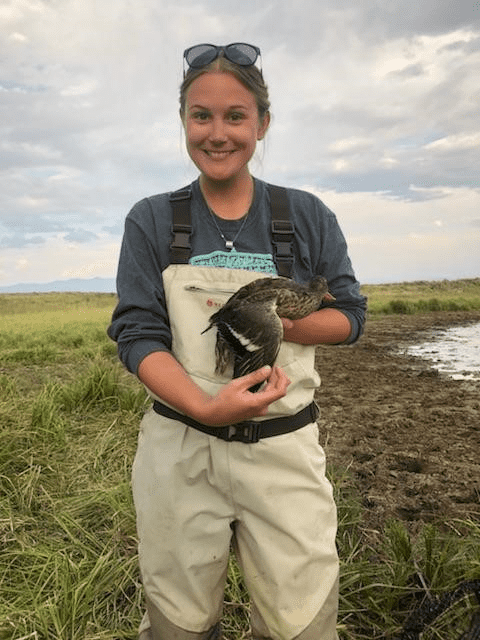

JAMES MOREL
Vice Chair
Photo and bio coming soon.

Adonia Henry
SECRETARY-TREASURER

Phillip Stephenson
Past Chair

Casey Setash
Social Media Liaison
Become a member
Membership is available to all current TWS members. You may join our Working Group by logging in to your TWS account.


